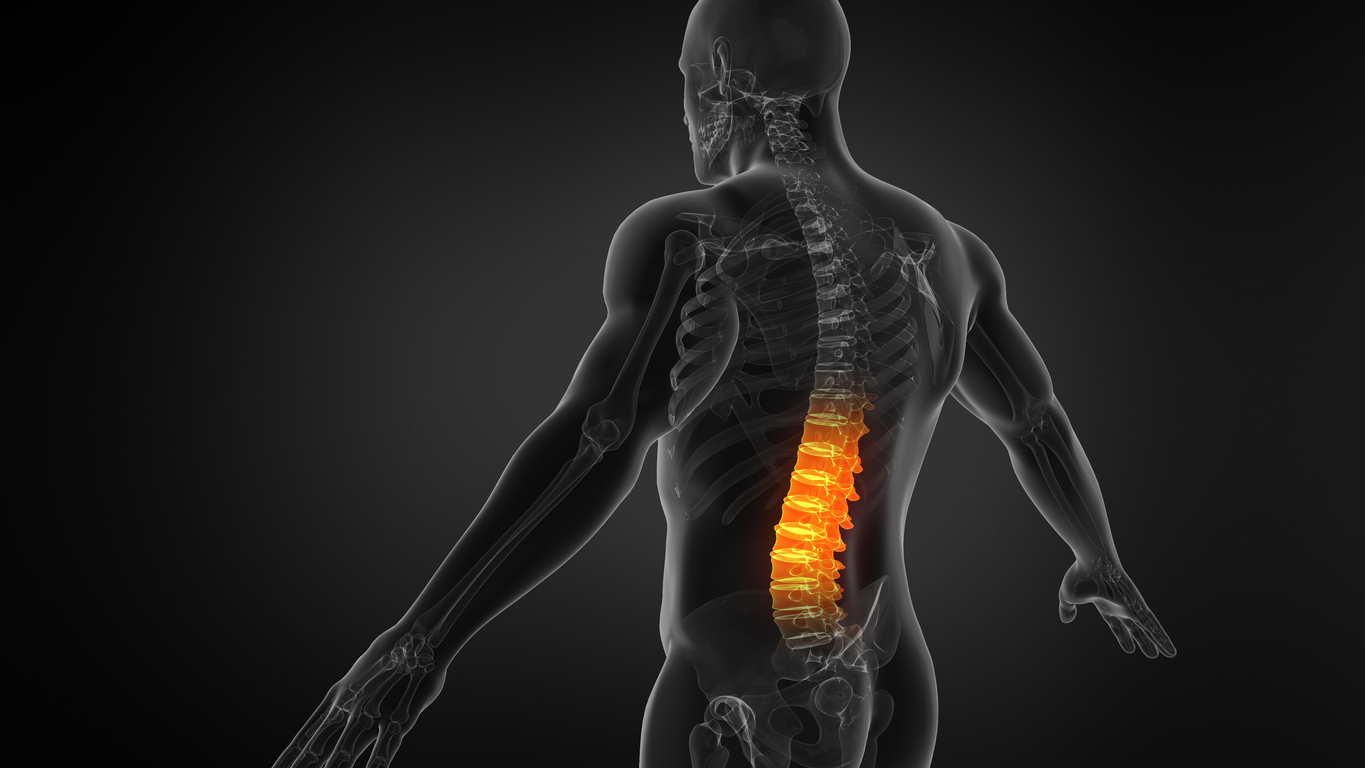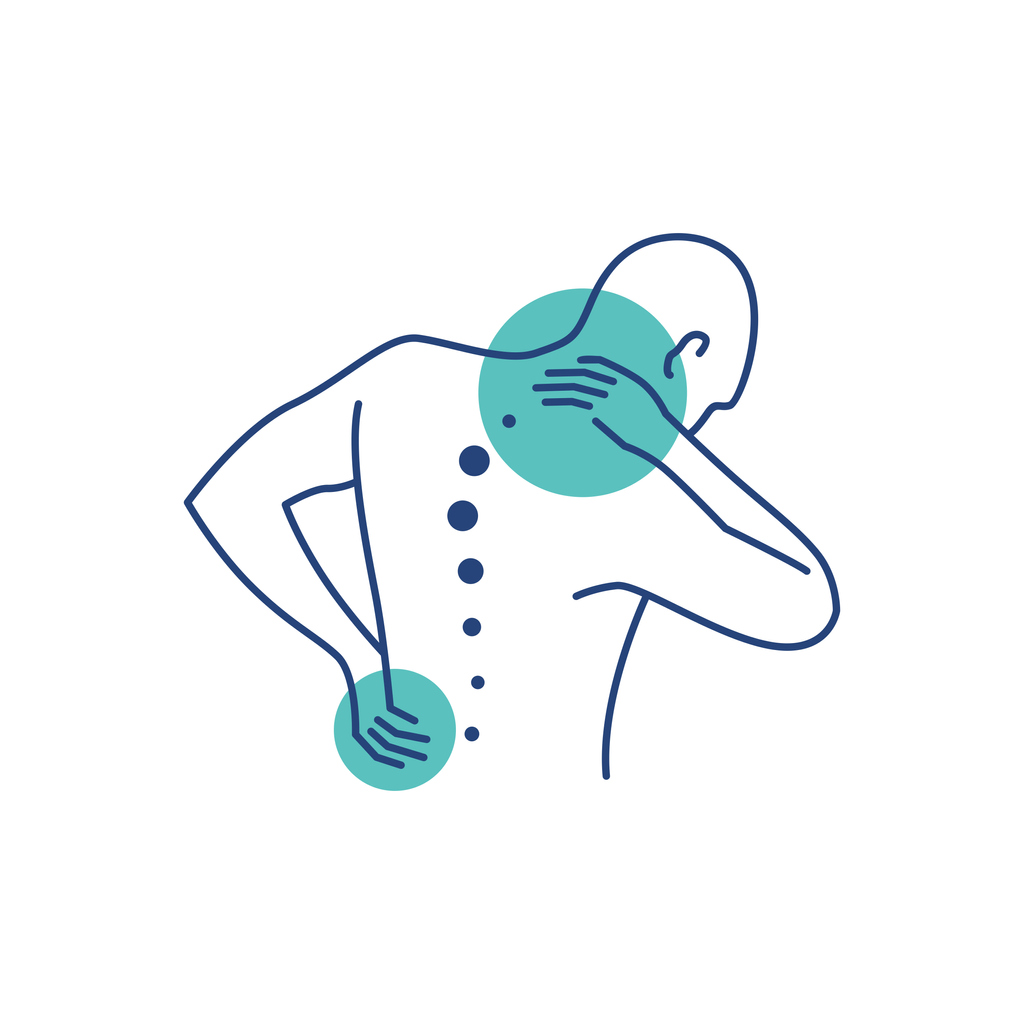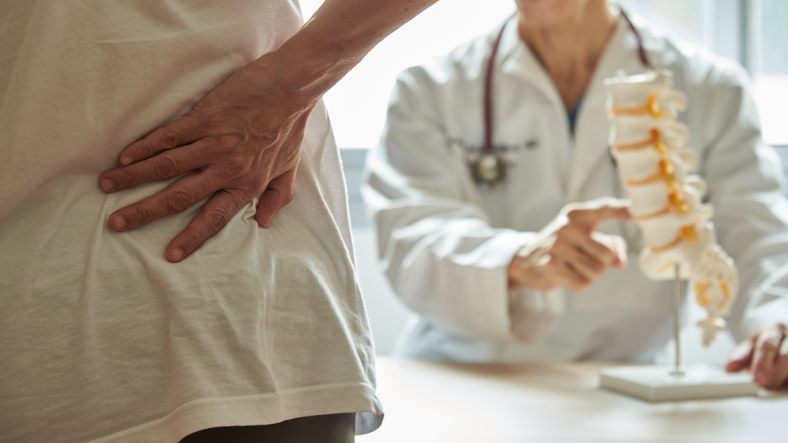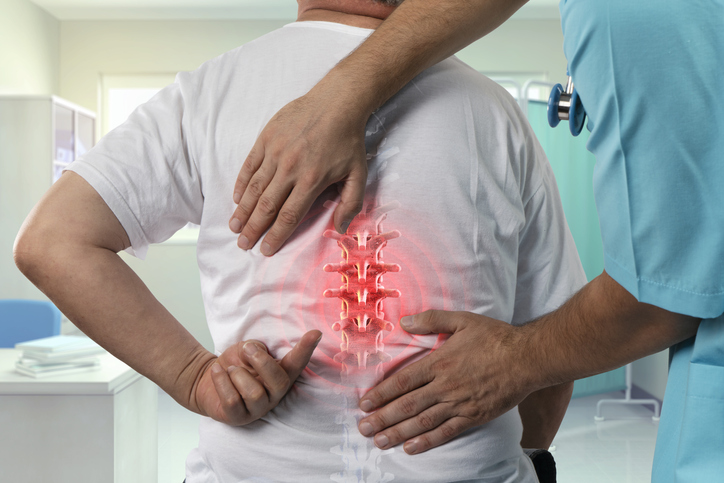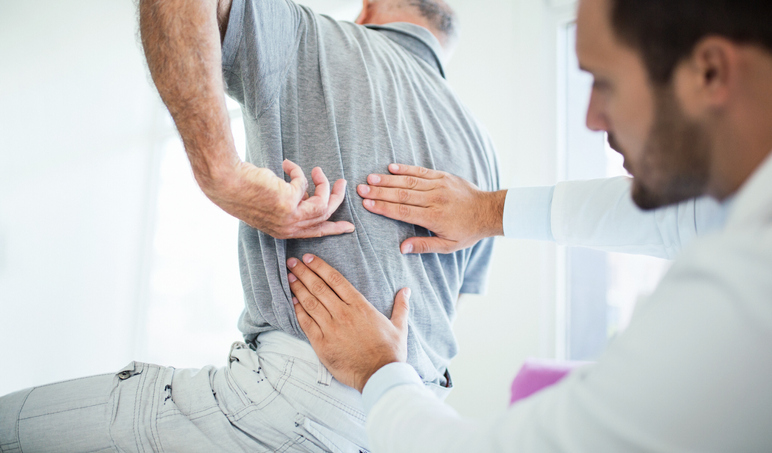Pain
The Difference Between Kidney Pain and Back Pain

Kidneys are bean-shaped organs that are about the size of a fist and located at the back of the torso. They are situated under the lower part of the rib cage on each side of the backbone. Their main function is to filter waste from the blood and produce urine that is sent to the bladder. Kidney pain is discomfort in the area of the kidneys. It typically presents as a dull ache on the sides, back, or stomach area. However, pain in these areas is not always linked to the kidneys and may be caused by the back.
Kidney pain vs. back pain
Muscles, bones, and other organs are located close to the kidneys, making it difficult to determine the actual cause of pain in this area. Since kidney pain can have many causes, some of which are potentially serious, it is important to identify whether back pain is originating from the kidneys or from the muscles, bones, or nerves in the back. Identifying the underlying cause of the pain is essential in receiving proper treatment. This can be determined by the location of pain, type of pain, and symptoms.
Location of pain
Kidney pain may be felt on one or both sides of the body. It is felt deeper and located higher in the back, generally under the ribs and to the right or left side of the spine. Furthermore, it may radiate to the side, abdomen, or groin area.
Back pain that is not caused by the kidneys usually impacts the middle of the back, commonly the lower back, and may be reduced when shifting the body. It may also be felt in one buttock and may radiate to the lower leg if a nerve is affected.
Type of pain
Kidney pain may present with a constant, dull ache that worsens with a gentle tap to the area. It may be experienced on either side of the flank or both sides. It is typically constant and does not worsen with movement or improve without treatment. Pain caused by the kidneys can range from mild to severe.
Back pain is regularly described as muscle soreness or a burning or stabbing pain. Pain caused by spine issues frequently worsens with certain movements, such as bending or lifting, and improves with rest. Pain caused by spine issues can vary in intensity.
Symptoms
If the cause of pain is related to the kidneys, symptoms may include, but are not limited to, the following:
- Abdomen pain
- Blood in urine
- Burning or pain during urination
- Cloudy urine
- Fever or chills
- Frequent urination
- Constant, dull ache in back
- Nausea or vomiting
- Pain in the sides, under the rib cage
- Pain that spreads to the groin
- Recent urinary tract infection
- Sharp or severe pain that may come in intervals
If the cause of pain is related to the muscles, bones, or nerves in the back, symptoms include, but are not limited to, the following:
- Difficulty walking
- Discomfort or pain in the lower back
- Muscle spasms
- Numbness or tingling in the arms or legs
- Pain that radiates down the buttocks, often to the legs and feet
- Pain that worsens with certain movements or from sitting for long periods
- Stabbing pain
- Swelling or bruising
A health care professional should be consulted if any type of back pain is experienced. Identifying the cause of the pain can determine the most appropriate treatment option.
Additional source: Medical News Today







